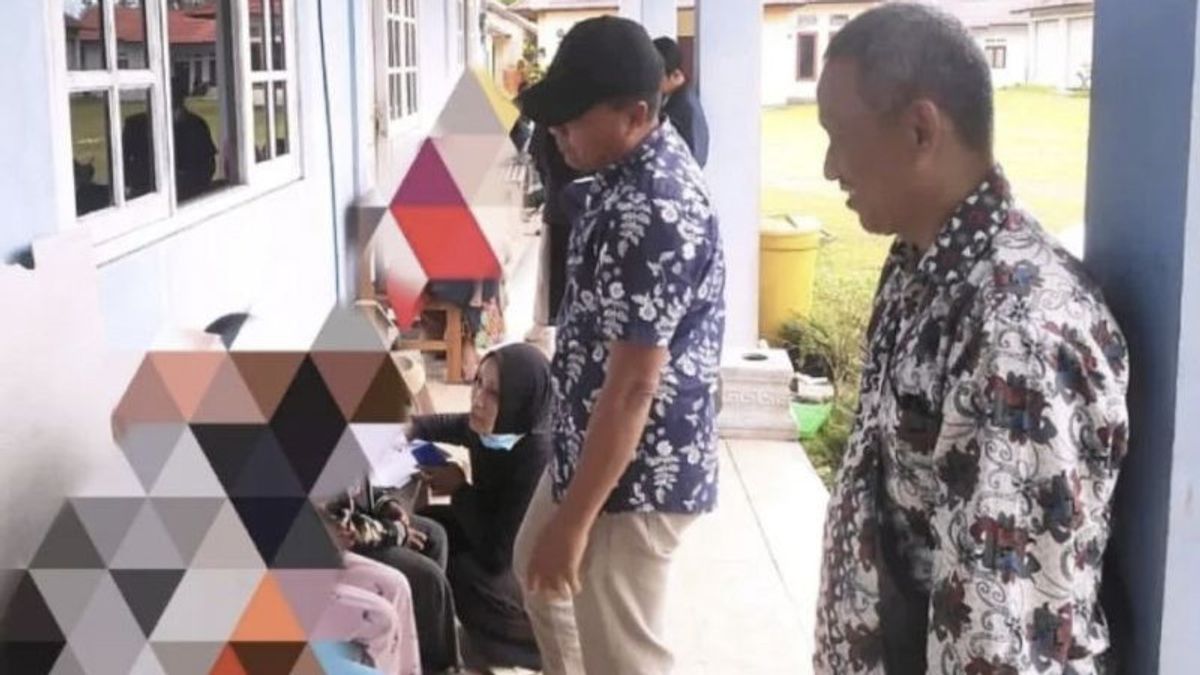JAKARTA - The government of East Kotawaringin Regency (Kotim), Central Kalimantan has brought order to homeless people and beggars who have been increasingly prevalent in Sampit since the arrival of the holy month of Ramadan 1444 Hijri. The joint team consists of the Civil Service Police Unit, the Social Service and other agencies.
"The number has increased. From what we have ordered, there are old players and plus new players, that's why the number has increased. There are even small children who they bring asking for alms," said Head of the East Kotawaringin Social Service, Wiyono in Sampit, quoted from ANTARA, Saturday, March 25.
There are dozens of people who have been caught in the control that they carry out, consisting of homeless people, buskers,ipers, and beggars. The thing is that most of them are minors who are allegedly invited by their parents or their coordinators.
All the homeless and beggars who were caught have been recorded by the officers. It is known, most of them came from neighboring districts, namely Seruyan, who deliberately came to Sampit to beg during Ramadan.
"Officers also confiscated the equipment used like guitar and others. We fostered them and asked not to repeat the act," he explained.
Wiyono emphasized that this control was carried out in response to public complaints about the increasing number of homeless people and beggars in Sampit, especially since the arrival of Ramadan. The public felt disturbed by the comfort because beggars were operating on the streets, crowd centers and other locations.
"The control is also carried out because East Kotawaringin Regency already has a Regional Regulation on Public Order and Public Peace," he explained.
Control is carried out humanely. Those caught are also allowed to go home while being reminded not to repeat these actions so that strict action is not taken by officers.
"The rise of beggars is also the impact of our citizens who usually give alms to beggars, thus making them come. We urge the public not to give alms on the streets. Zakat, infaq and alms are better distributed to official institutions so that they are orderly and more targeted," said Wiyono.
The English, Chinese, Japanese, Arabic, and French versions are automatically generated by the AI. So there may still be inaccuracies in translating, please always see Indonesian as our main language. (system supported by DigitalSiber.id)








